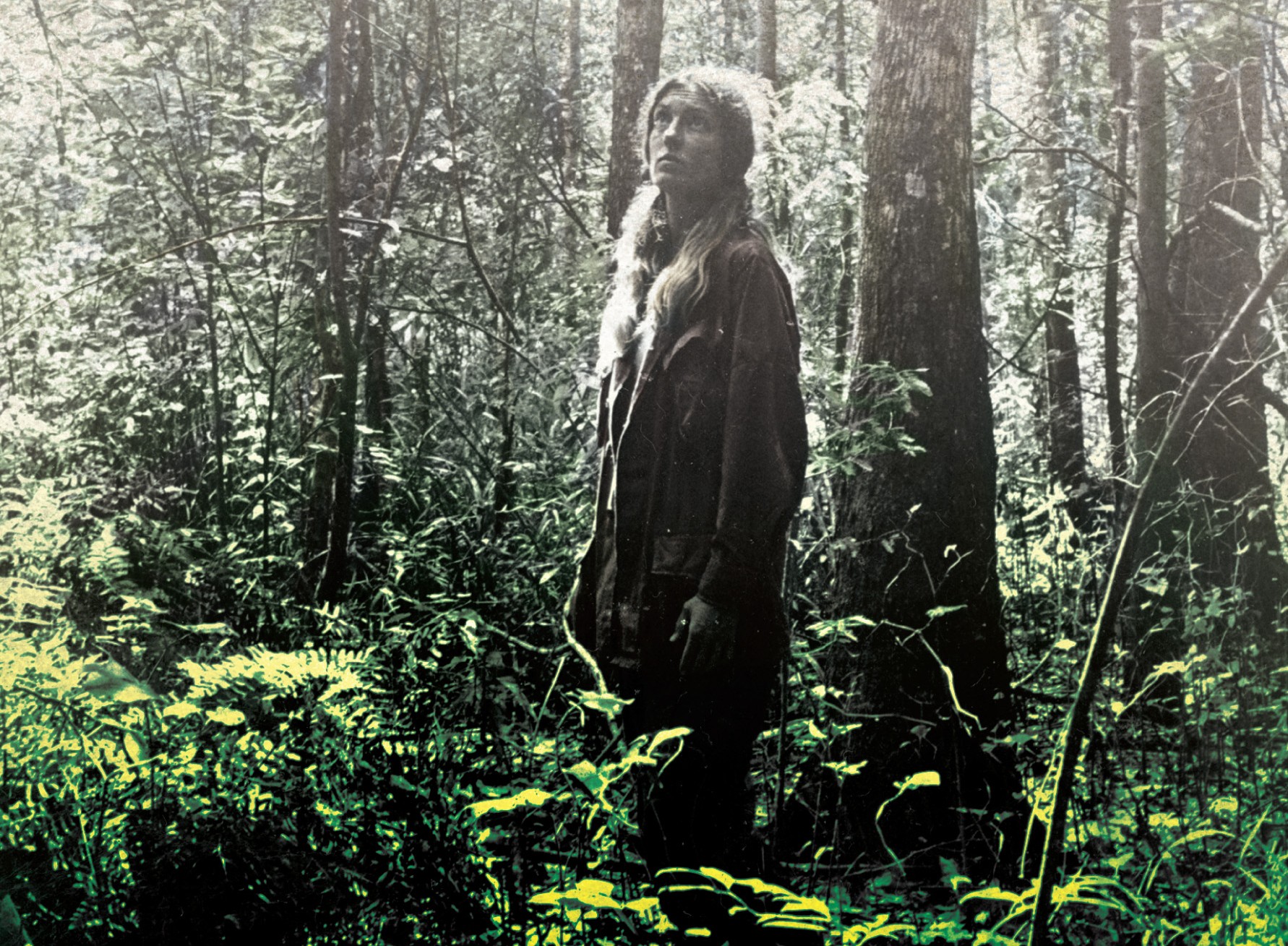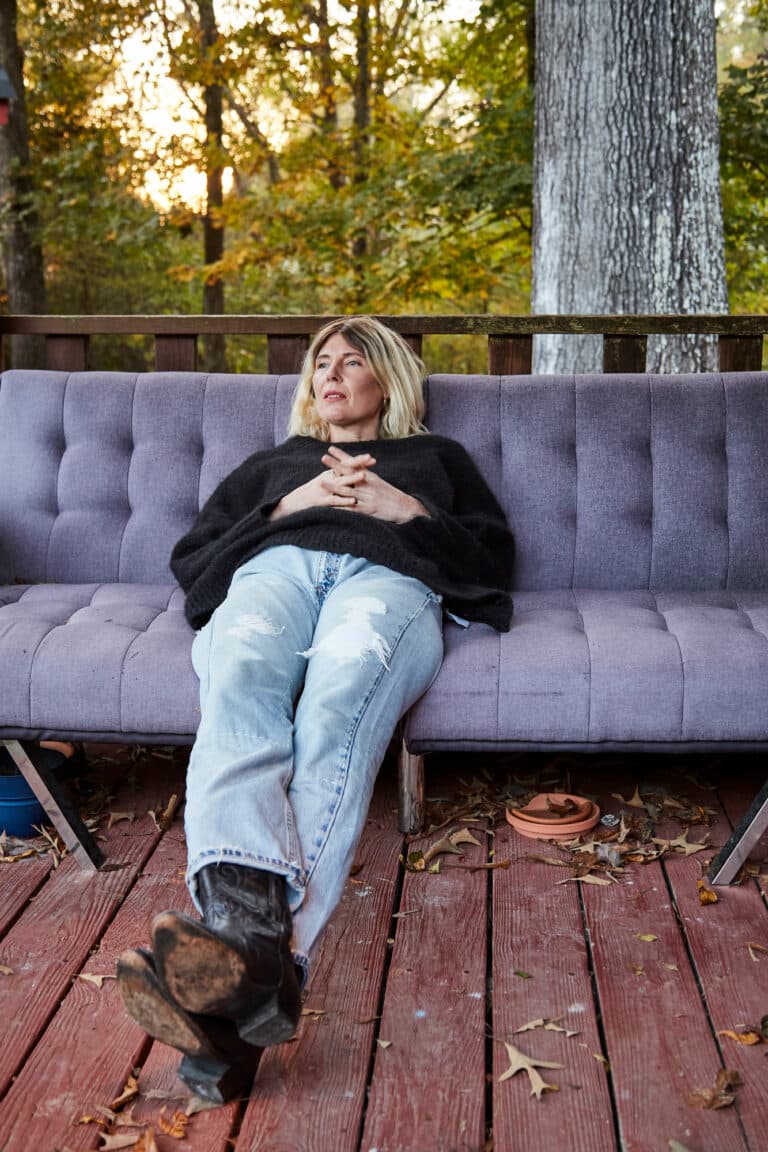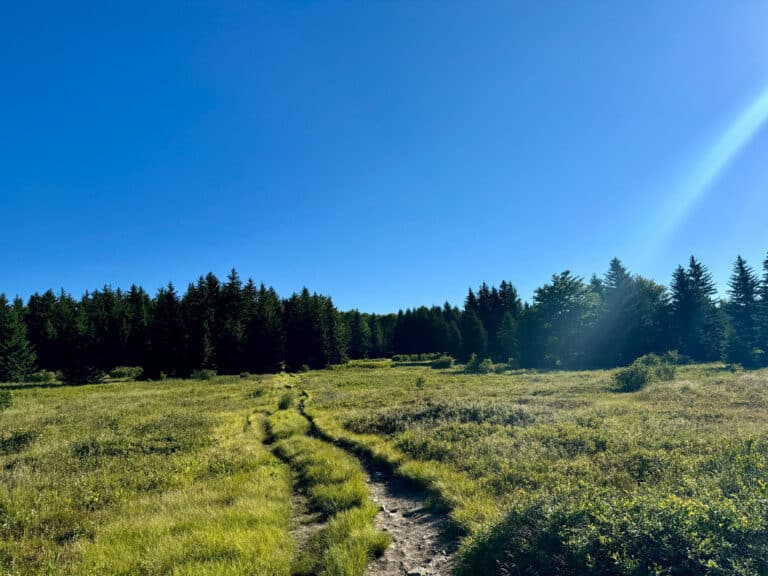Georgia’s Cumberland Island is a place few have heard of and even fewer have visited – but it’s the setting for a groundbreaking biography that will be published this coming May by Blue Ridge Outdoors magazine Editor-in-Chief Will Harlan.
Untamed: The Wildest Woman in America and the Fight for Cumberland Island is Harlan’s latest achievement—a project to which he dedicated the past 20 years of his life. It’s the story of Carol Ruckdeschel, a woman who has called Cumberland Island home for the majority of her life and has spent the past 40 years helping to preserve the area as a true wilderness.
The largest and most biologically diverse barrier island in the country, Cumberland Island’s future is uncertain at best. Heirs to the Carnegie family have clashed with Carol over the island wilderness, but she’s not afraid of to defend what she loves. After meeting Carol for the first time while working as a park ranger for Cumberland Island, Harlan decided he wanted to experience that passion himself.
“I’ve waded into gator dens and chased wildfires with her,” Harlan said. “I tagged along while she uncovered island secrets, battled with park managers, sipped cocktails in Carnegie mansions, and defended herself in court.”
For Harlan, the hard work and crazy adventures have paid off: Untamed has been selected as one of Barnes and Nobles’ 18 Discover Great New Writers books. It’s the only biography and one of only five non-fiction works on the list. Look for Untamed at the front of Barnes & Noble stores across the country beginning in May. It’s already available online and in many local bookstores.
Harlan kicks off a book tour on May 1 at Malaprops Bookstore in Asheville, N.C. For more tour dates and information on Untamed, check out his website.
The book is the subject of his May 2014 Letter from the Editor:
In my twenties, my girl friend Emily and I regularly escaped to Cumberland Island, a national seashore along the Georgia coast. We had explored the island’s every trail and pitched our tent at every campground. We listened to alligators bellowing from Cumberland’s tea-colored lakes and watched sea turtles nesting in the dunes.
After six years together, I was finally planning to propose to Emily, and the wild sands of Cumberland seemed like the ideal spot to pop the question. As soon as we reached the beach, though, I locked up. My heart hammered. My head throbbed. The tide roared deafeningly in my ringing ears.
We hiked north along the wide, windswept shore in uncomfortable silence. Emily glanced at me, and I faked an unconvincing smile. I swore that I would make my move at the next beach crossing, marked by black-and-white striped poles every few miles. But each time a checkered pole came into view, my throat clenched shut.
Eventually, I ran out of real estate. The last checkered pole loomed in the distance. My heart swelled with the surf as I finally bit my lip, clumsily knelt down in the sun-warmed sand, and—trying to hide the quiver in my voice—asked Emily to marry me.
“What took you so long?” she said, her blue eyes sparkling like the sea.
We swam in the ocean until sunset, and then we finished our hike north to meet the island’s most elusive and enigmatic resident: Carol Ruckdeschel. She lives alone on Cumberland Island in a ramshackle cabin that she built herself using driftwood that washed ashore. Carol collects dead animals for her museum and eats mostly what she hunts, gathers, and grows. She is a hard-drinking, gun-toting, modern-day Thoreau who is even more outspoken in protecting her wilderness.
On Cumberland, Carol has clashed with Carnegie heirs and park managers over the island’s future. She’s had three husbands and many lovers, one of whom stalked her until she shot and killed him. A self-taught scientist with only a high school diploma, she knows more about sea turtles than most PhD biologists, and her research is world renowned. She is the Jane Goodall of sea turtles and the voice of the wild.
That night, Emily and I got really drunk and talked with Carol late into the night, mainly about the number of dead sea turtles we’d seen on our beach hike. The next morning, Carol would wake up before dawn and spend her entire day cutting open their smelly carcasses, as she had done every day for decades.
“Do you ever lose hope?” we asked her that night.
“I’m not saving anything here,” Carol said. “I’m just trying to slow down the rate in which things get worse. We live on a sinking ship. Get used to it.”
“If it’s pointless, then why do you bother to keep at it?” I asked.
Carol looked out across the dark island. “Because I know deep in my bones that it’s right. I mean, what else is there worth doing? At least I’ll go down fighting for what matters.”
Carol has been fighting for what matters on Cumberland Island for over forty years, and I have been shadowing her for 19 of those years to write her biography. I’ve tagged along while she dissected dead sea turtles on the beach and sipped cocktails with Carnegie heirs in millionaire mansions. I’ve waded into gator dens and chased wildfires with her. Carol is as tough as the turtles she studies, but beneath her hard shell is a soft, bruised being.
This month, her biography appears in bookstores nationwide. Untamed: The Wildest Woman in America and the Fight for Cumberland Island, tells the story of an American original standing her ground. It’s already won the Barnes and Noble Discover Award—one of their top 18 books of the summer (and the only biography).
What happens when one of the wealthiest families in America squares off against a scrappy, dirt-poor naturalist with turtle guts beneath her fingernails? It’s a turf war and a class war, a clash of science and society, nature and nurture. Mostly, though, it’s a love story—a heartbreaking saga of Carol’s enduring devotion to her wild island.








